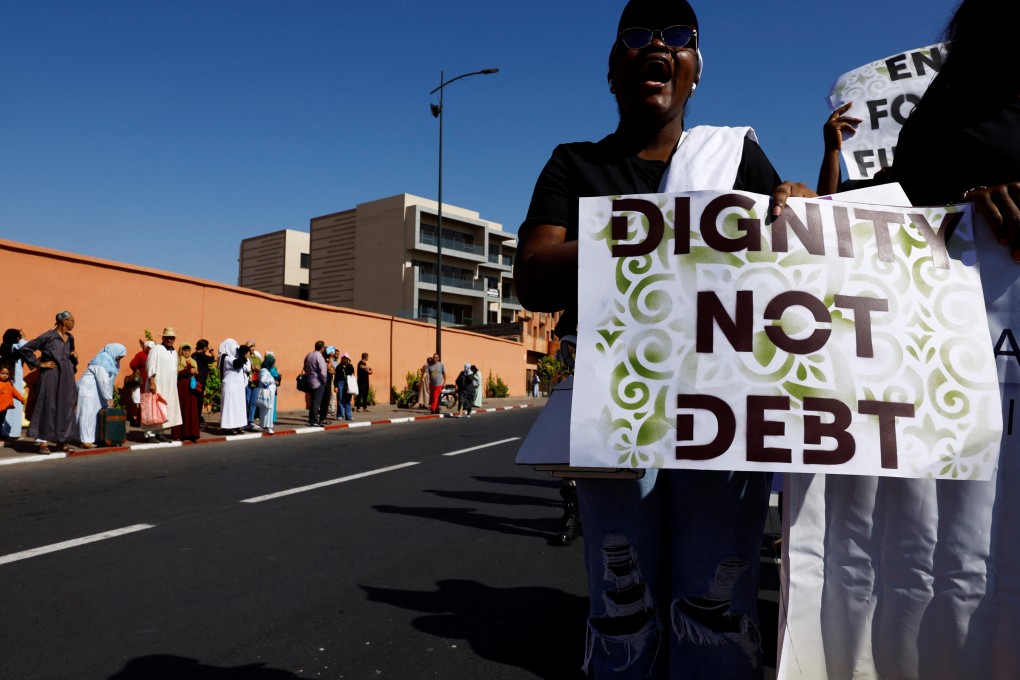Advertisement
Opinion | Era of freewheeling finance leading economic growth may soon be over
- In a world of contending powers with greater risks and uncertainties, the free-market model with one dominant hegemon may no longer be suitable, given the urgent need to tackle social and environmental injustices
Reading Time:3 minutes
Why you can trust SCMP

As emerging and developing economies navigate a turbulent world of intense geopolitical rivalry and worsening climate warming, the question of a new development model is top of the growth agenda.
Advertisement
The current narrative is how these economies choose between an insecure rich West and the rising Brics (Brazil, Russia, India, China, South Africa) grouping of countries seeking an alternative order.
The Global South is not convinced by the Biden administration’s story of democracy vs autocracy, and of the need to support a rules-based order. They see instead a global retreat in democratically led countries and a West preaching a selective “do as I say, not as I do”. The free-market order is in serious retreat amid a hail of tariffs and sanctions, with industrial policy and state intervention rising by the day.
The issue is less about capitalism vs socialism, because some capitalist countries are turning fascist, whereas climate change policies cut across ideologies. All countries face two serious imbalances – social injustices in the widening income and wealth gap, as well as planetary injustice as natural capital is being plundered amid pollution, biodiversity loss and the ruthless extraction of minerals.
Attending the Global Islamic Economy and Finance Forum in Kuala Lumpur this week, it struck me that the theme illustrated a policy dilemma over whether to promote the real economy over finance or the other way round.
Advertisement
Finance has led the real economy in global growth since the 1980s, when financial liberalisation became synonymous with the neoliberal order. Allowing open capital accounts, promoting free financial markets and competition seemed to lead to efficient capital flows that help economic development.

Advertisement
